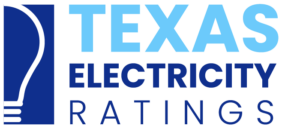Here is an interesting article that will inevitably raise a few eyebrows in regards to potential fraud by Entergy, a regulated electricity provider that operates in parts of East Texas. Anyway, this is an interesting article for me because Entergy operates in regulated areas, meaning there isn’t an electric choice for their customers. So when a city accuses them of fraud, they’re both the creator and the seller of electricity, which is not how the market works for deregulated areas, where we have a TDSP and an REP working together to deliver electricity.
Anyway, I find this interesting, because they’re being accused of massive fraud. Now, if this were to happen in a deregulated electricity market like Dallas with say Oncor (TDSP) and an REP (TXU, Reliant, Stream Energy or Ambit, etc.) then it very well would be not just a city vs. the electric company. It might be the City vs. the REP, or more likely, the city and the REP vs. the TDSP. It could take many different forms. While it might seem that the situation is more complex this way in the deregulated market, it also increases the amount of checks and balances of this kind of thing happening, potentially, at least. Or that’s just how I’m interpreting it. The city might be being over-charged, but the REP would have a vested interest in siding with their customer and rooting out this kind of thing earlier, or at the least helping to corroborate their customer’s claim. Or if the REP is corrupt, then the TDSP and the city could work together to root out the REP’s wrongdoing.
Again, this is just how I’m seeing things. The system might not actually work that way in regards to government entities/services and their commercial electricity providers, but if it does, this might be another benefit to a deregulated energy market like the one that serves Texas electricity.
